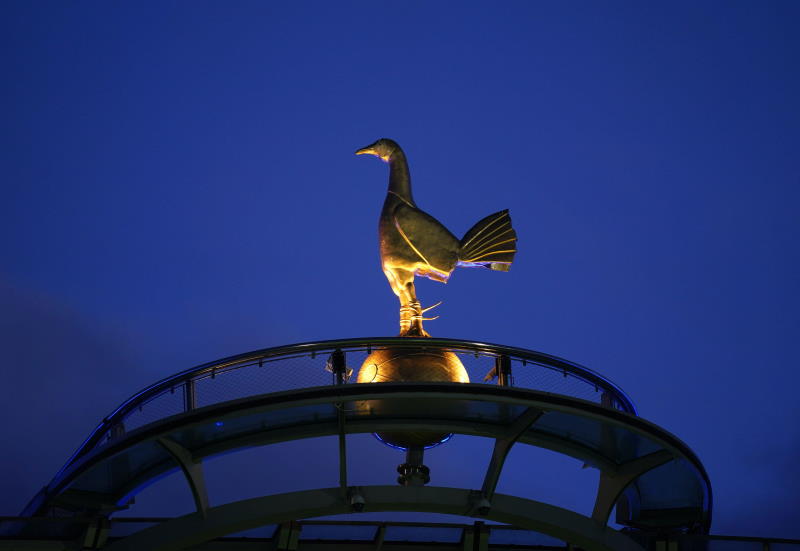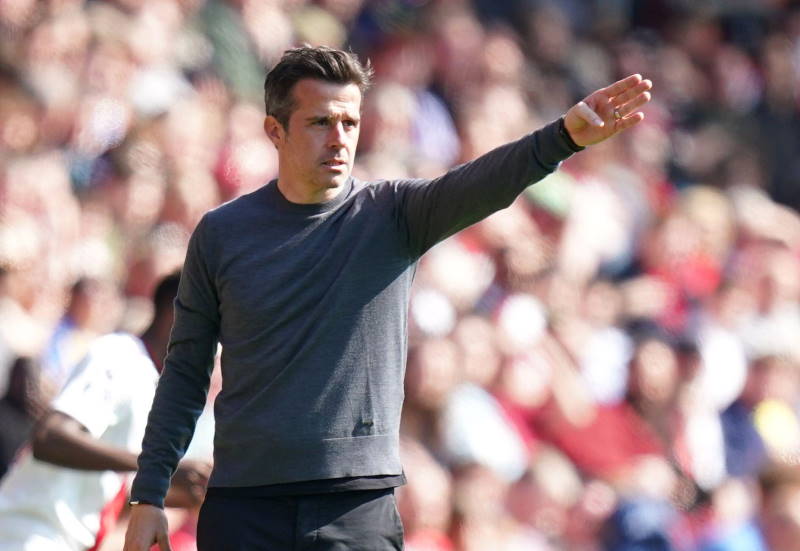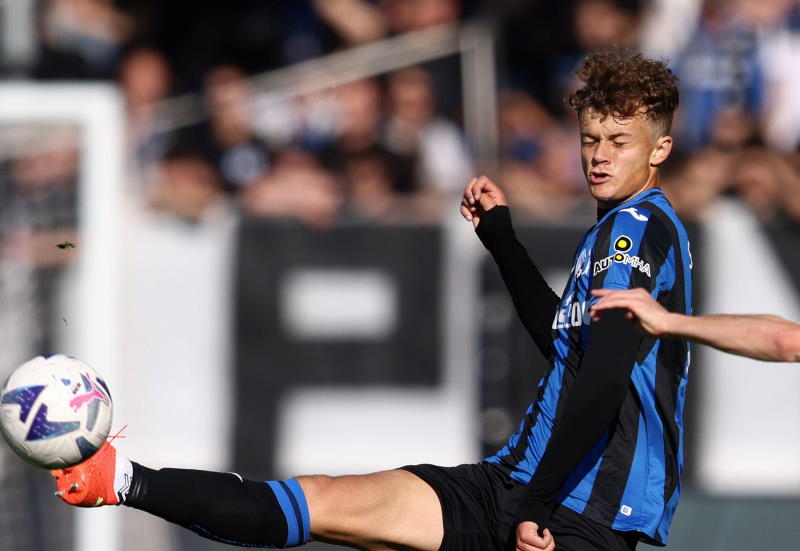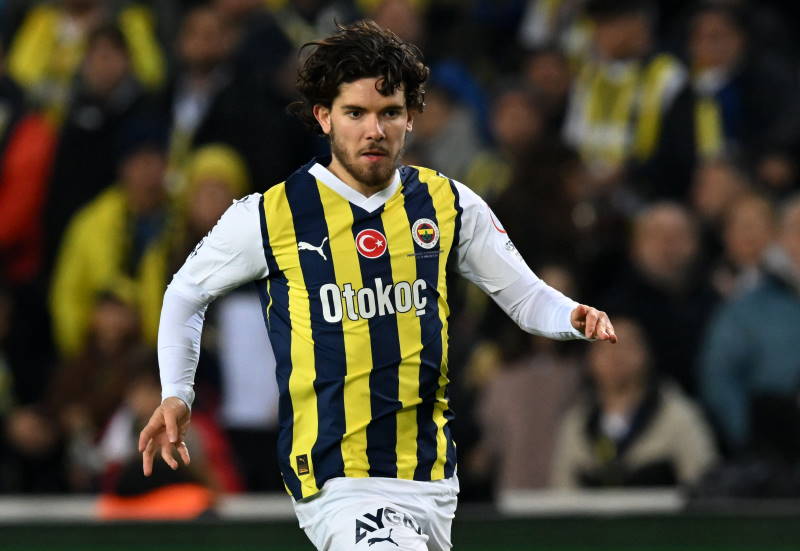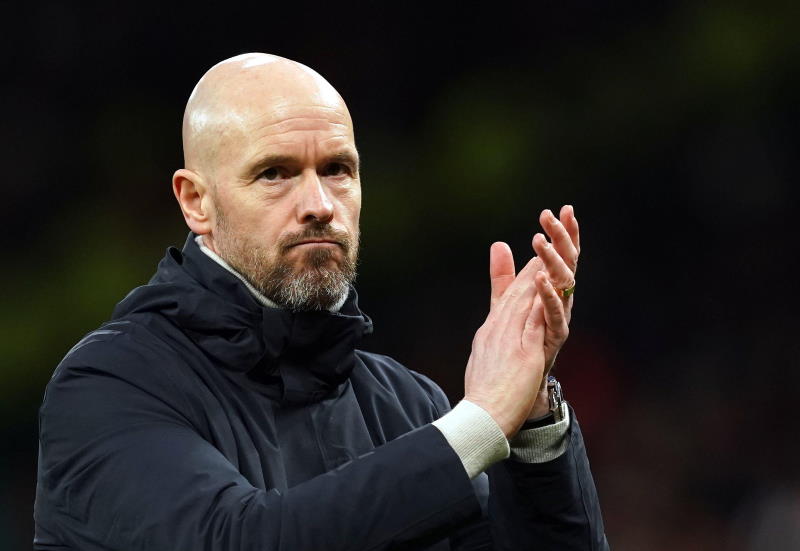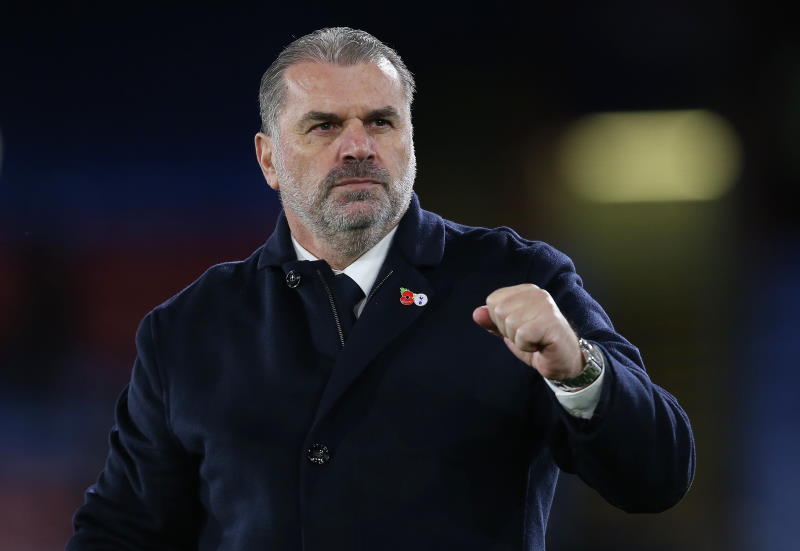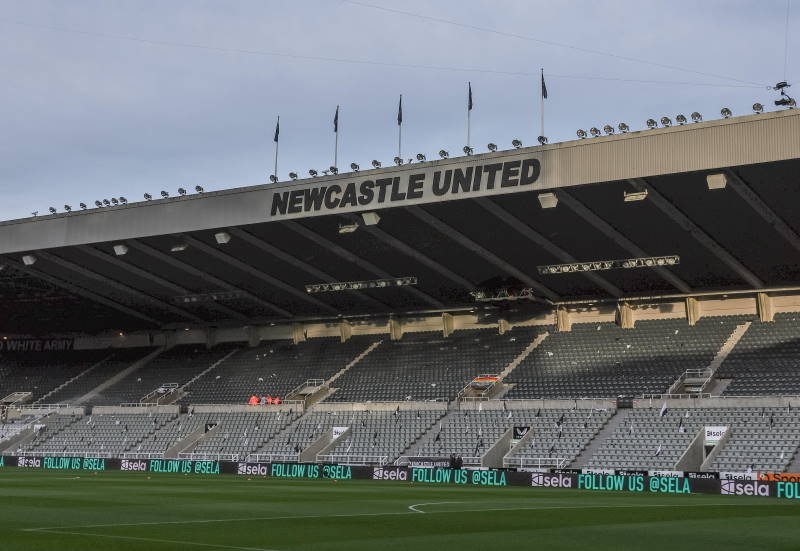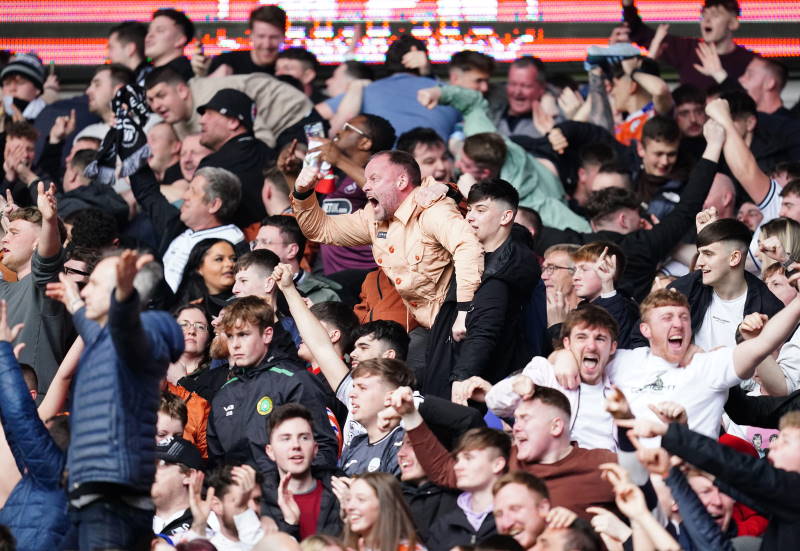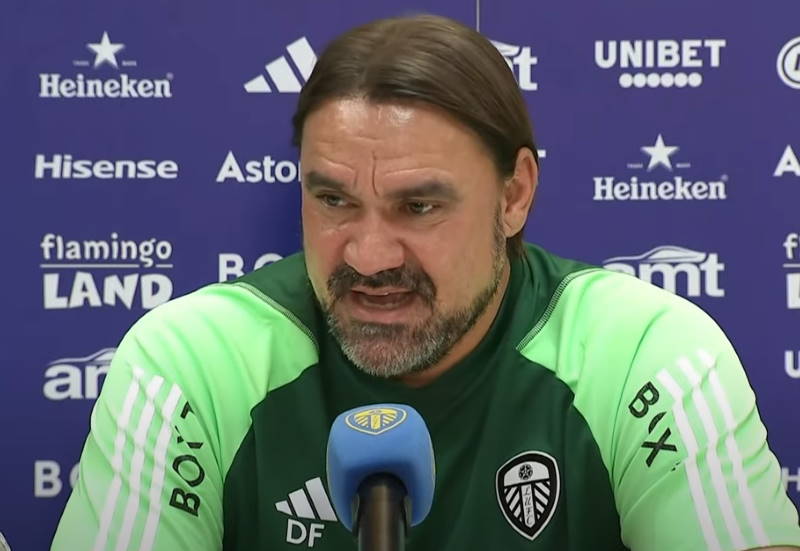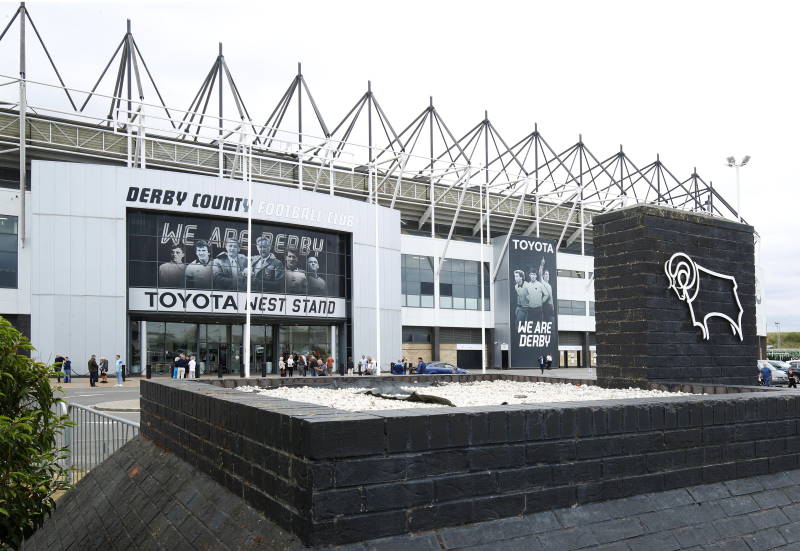
There is an inherent cruelty in sport. When one man gets injured, another sees an opportunity to claim the limelight; where one ageing dynasty falls, another thrusting challenger scents blood; and as one manager succumbs to the venom around him and walks away, another man eyes his next move up the career ladder.
After Fabio Capello’s dramatic resignation following the John Terry racism scandal, England fans have been plumbing the depths of depression without having played a game. The years of pre-tournament confidence booms and post-exit busts have given way to a nagging pessimism, with any small hindrance snowballing into a blizzard of acrimony and torrents of speculation.
Even before the debate over Terry became increasingly serious, it has been a long time since England went into a tournament with such a level of fatalism over their chances. For both of the last two World Cups England have been among the favourites – rightly so considering the strength of the players available to them, with their squads at least as strong on paper as the likes of Holland, Germany and Brazil – while almost every other summer has seen the Three Lions rated as no less than dark horses.
However, it is worth looking at the last time England went to a leading competition with their tails between their legs. 22 years ago, following a patchy qualification period, the announcement that Bobby Robson would leave his post as national manager to take over at PSV Eindhoven caused uproar. Still raw from a humiliating European Championship campaign in West Germany two years earlier – where they were hammered by a Marco van Basten-inspired Holland and lost to Ireland to finish pointless at the bottom of their group – and with no English clubs having played European football since the Heysel disaster, hopes for the 1990 World Cup in Italy were not high.
Such downcast predictions were confounded, though, by a series of heroic performances as England reached the semi-finals, famously falling on penalties to the Germans. Led by the experienced Gary Lineker and bolstered by the emerging talents of David Platt and Paul Gascoigne, they showed resolve to defeat a talented Belgium side and come from behind against the exuberant Cameroonians in the quarter-finals, reaching a stage only surpassed by the side of 1966. Reputations were restored all round, and the feel-good factor lasted long enough to usher in the Premier League on a wave of optimism in 1992.
Why England succeeded against the odds in Italia ‘90, and why they have struggled to replicate the achievement with significantly better squads, has remained an enigmatic question. Could it be that the increasing celebrity of modern footballers has dulled the desire to strive for one’s country? Has the intensive media scrutiny and public pressure weighed too heavily on their shoulders? Did dodgy management and the dysfunctional FA, with its unstable hierarchy and reactive politicking, deal a fatal blow to hopes of glory? Or were they just not as good as everyone said they were, with hearts and minds blinded by bulldog spirit and breast-beating jingoism?
The sheer haul of medals from the top players in the England set-up, particularly over the last decade or so, would surely disprove the last accusation, and their three consecutive quarter-finals under Sven-Goran Eriksson from 2002 to 2006, while perhaps masking the paucity of some of the performances, were hardly bad results. As messily organised as it is, to put the blame for the serial failures at the door of the FA would be a bit of an exaggeration, while the celebrity nature of footballers nowadays would surely have affected all the leading countries, considering the international nature of the leading leagues. But the argument of pressure is less easy to dismiss; many have pointed to the extreme reaction of fans and media in criticising poor showings and expecting too much from promising runs. Indeed, when Capello remarked early on after his appointment that the England shirt weighed heavily on certain players, he was only articulating a feeling long held by many.
If the pressure to perform, to not be cast as a scapegoat or to not risk missing a penalty in a shootout, was indeed the primary cause for the woes of the now-tarnished ‘Golden Generation’, then the current climate of utter despair among fans could provide a perfect platform to exceed expectations and emulate Robson’s side in leading a revival – not only of themselves and their manager, but the nation’s football as a whole. Indeed, the added turmoil of managerial upheaval could be a further boon, decreasing the chances of a French-style mutiny by a fractious squad against a coach losing their support, allowing a new broom the opportunity to rally and unite the squad under his new banner.
The new man would have the perfect chance to clear out any dead wood and recalibrate the squad without as much baggage as the old regime, resolving the captaincy issue and bringing in previously undervalued squad players, such as Micah Richards, Gabriel Agbonlahor and a number of goalkeepers disillusioned under Capello.
With the odds on Harry Redknapp being the new boss – Stuart Pearce’s record with the Under-21s is mixed, Roy Hodgson’s success at international level has been overshadowed by a disastrous spell at Liverpool, and other English managers such as Alan Pardew and Sam Allardyce have not achieved a consistent enough level of success to pose a serious challenge – his former role as mentor to Rio Ferdinand could smooth over any bad blood with John Terry (should he pick either of them), and with nothing to lose from a public expecting the worst in Poland and Ukraine, there is an enviable opportunity to experiment with promising youngsters, from Kyle Walker to Alex Oxlade-Chamberlain. For the new manager, it is a win-win scenario; a modest showing can be written off as part of the rebuilding programme for the 2014 World Cup, while a series of strong displays would cover everyone in glory and add a serious momentum which could go all the way to Brazil.
For once the bar has been lowered as England head into a major tournament, but rather than heralding a new nadir, this could transpire to be the bottoming out of years of egomania and vainglorious underachievement. The Italy side who won the 2006 World Cup despite the rancour and recriminations around the unfolding Calciopoli scandal are a perfect example of how clever management can turn a team of skilful egos with a chequered recent history into an unbeatable unit, transforming a national crisis into a canny career move for the manager. Should Redknapp be prevaricating over leaving his title-challenging Tottenham Hotspur side, he should remember that opportunities like this rarely come along in the cruel world of sport.


